17 Epic Gangster Movies With the Most Unforgettable Mob Legends Ever
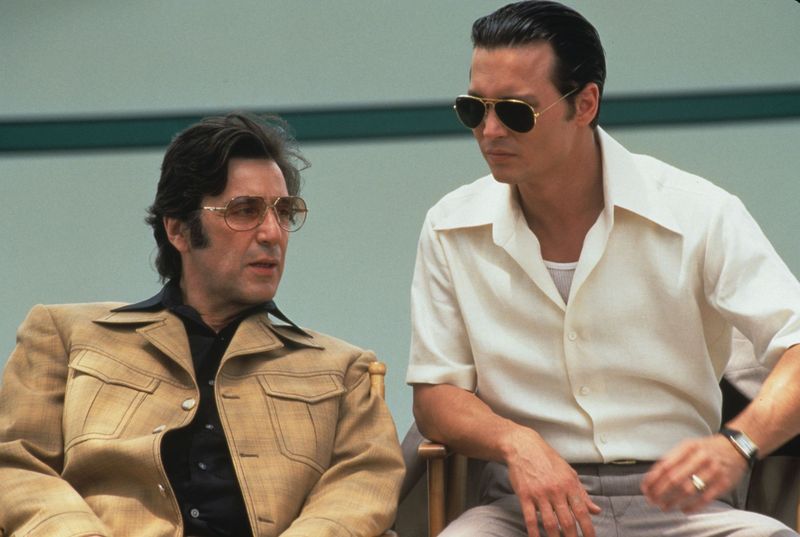
The magnetic allure of gangster movies lies in their intoxicating mix of danger, loyalty, and betrayal—stories that pull you into the shadows of organized crime. From the smoky rooms of the Mafia’s inner circle to the gritty streets of New York and the neon glow of Las Vegas, legendary mobsters have left their indelible mark on film history. This handpicked list showcases 17 unforgettable gangster movies, each with its own unique legend and cinematic style, promising riveting drama, fierce ambition, and the timeless struggle for power.
1. The Godfather (1972)
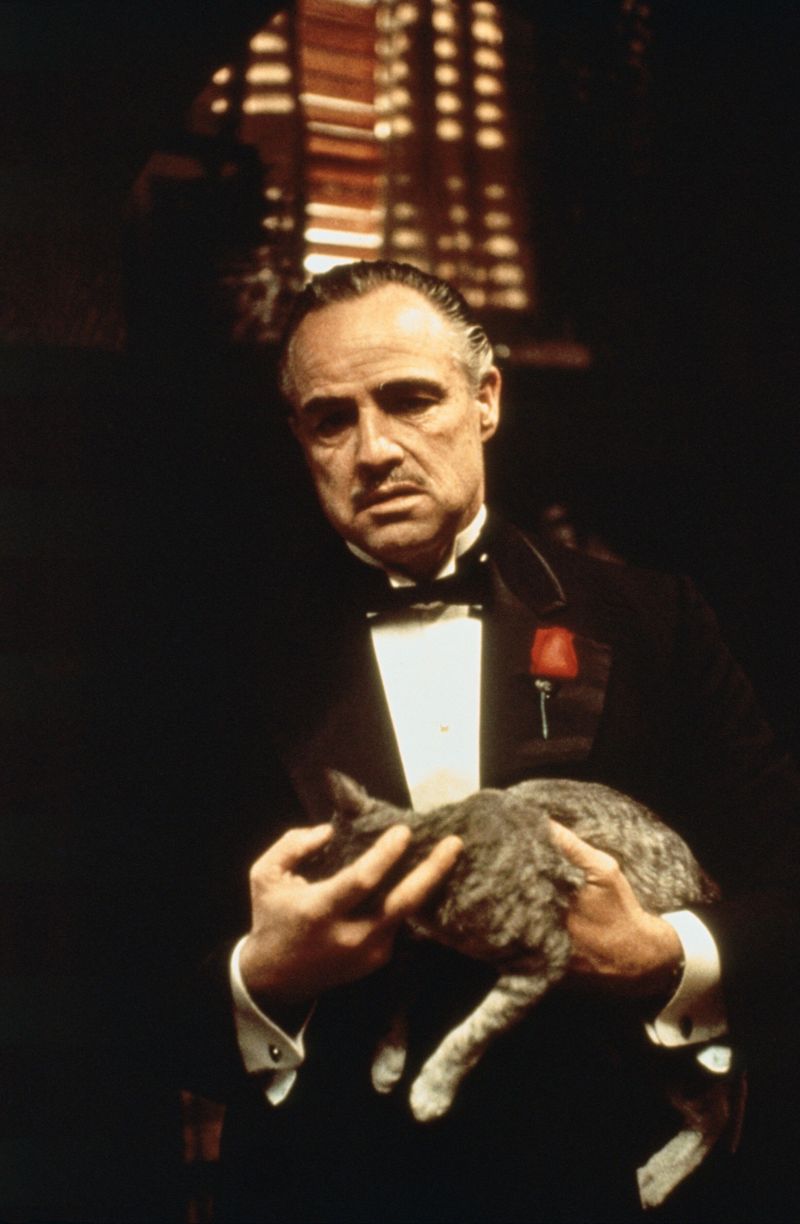
With a whisper, Vito Corleone commands respect, blending familial tenderness with unyielding authority. The Godfather is not just a film—it’s the very pulse of mob cinema, with Michael Corleone’s reluctant transformation at its core.
Francis Ford Coppola crafts an immersive world where loyalty and betrayal dance a dangerous waltz. Every flickering candle and shadowy corner feels steeped in secrets and tradition.
Few cinematic moments are as iconic as the opening wedding, and as Michael journeys from war hero to crime boss, the story redefines what it means to be a legend. The unforgettable lines and operatic violence cement its status as the ultimate gangster epic.
2. The Godfather Part II (1974)
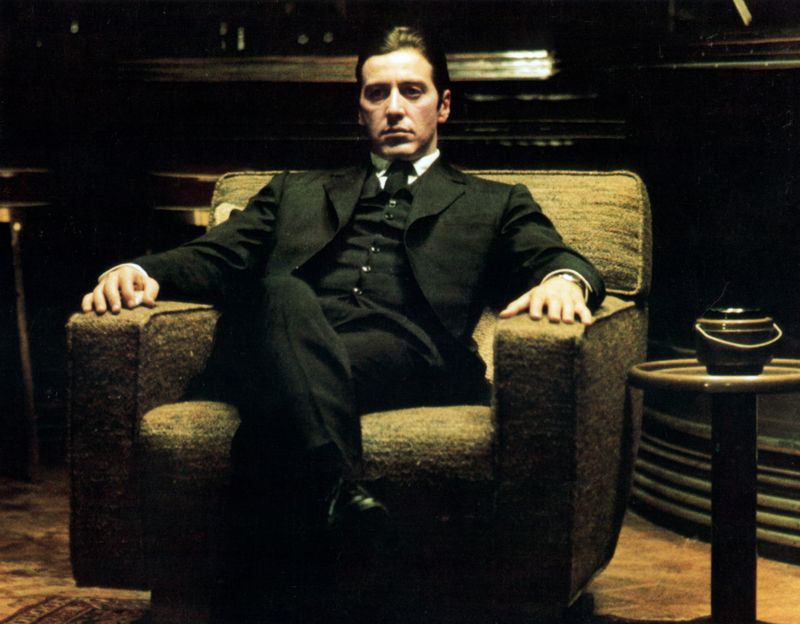
What happens when ambition is both inheritance and curse? The Godfather Part II answers with chilling precision, weaving together two eras of Corleone family lore.
Robert De Niro’s quiet, commanding presence as young Vito pulses beneath the city’s rumble, while Michael’s descent into cold resolve echoes down marble hallways. Dual timelines deepen the saga’s emotional resonance.
Every betrayal feels like a knife twist, as old-world grit collides with new-world ruthlessness. The film’s somber tone lingers, haunted by sacrifices made for power.
3. Goodfellas (1990)
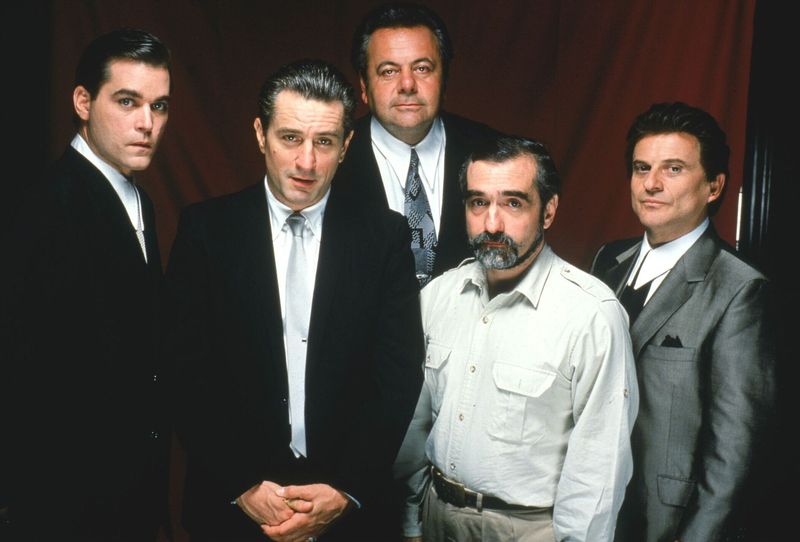
Few gangster films capture the thrill and danger of mob life quite like Goodfellas. Goodfellas explodes with kinetic energy, following Henry Hill’s wild ride from starstruck kid to seasoned mobster.
Martin Scorsese’s whirlwind storytelling style mirrors the highs and lows of the gangster lifestyle—flashy nights, sudden violence, and loyalty cracking under pressure. The pace never lets up.
Joe Pesci’s unpredictable Tommy threatens laughter and terror in every scene, while the real-life grit makes every betrayal sting. The soundtrack pulses with restless ambition and tragic inevitability.
4. Scarface (1983)
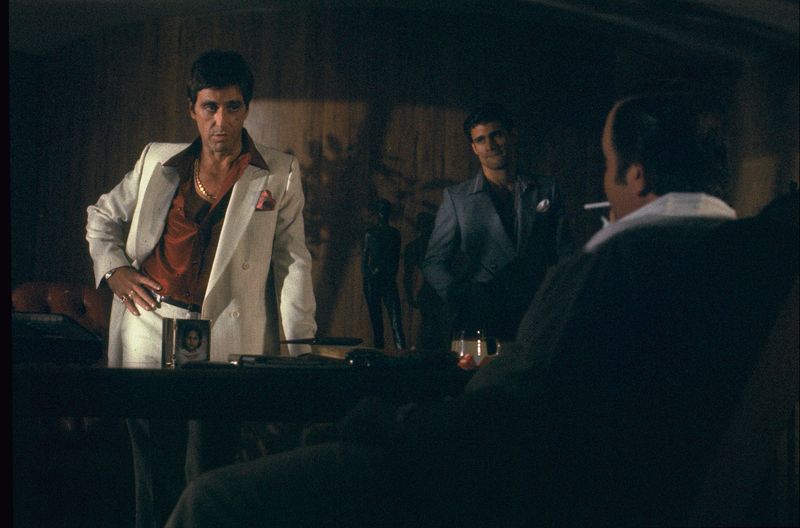
Scarface is a fever dream of ambition and excess, tracing Tony Montana’s ruthless climb from refugee to kingpin in Miami’s drug world. Al Pacino’s portrayal is both magnetic and monstrous, capturing the thrill and the horror of unchecked greed.
The film’s garish style mirrors Tony’s volatile rise and spectacular fall. “Say hello to my little friend!” erupts as Tony’s ultimate declaration, cementing his place in cinematic history.
Cocaine-fueled parties, betrayals, and violence all swirl together in a neon-soaked vision. Every line Tony utters is explosive; every choice inches him closer to legend—or oblivion.
5. Once Upon a Time in America (1984)
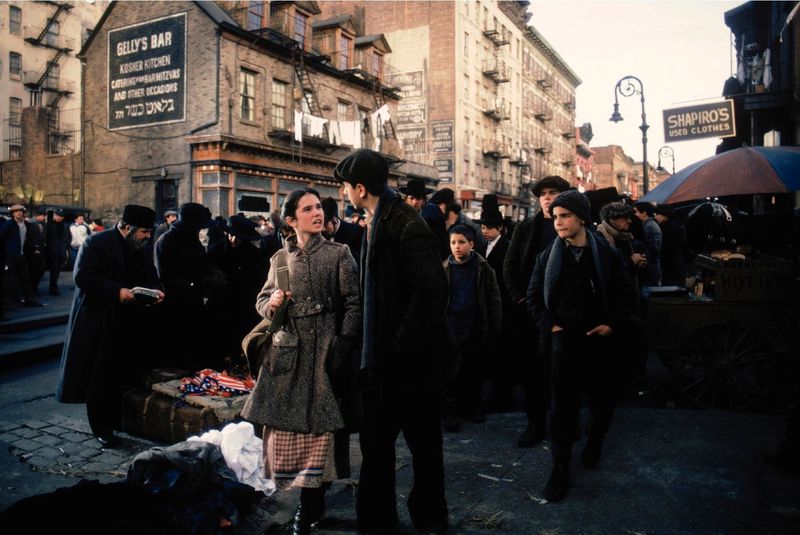
Regret drips from every frame of Sergio Leone’s sprawling epic. Noodles’ journey stretches from the ragged streets of childhood through decades of betrayal and lost love.
Time blurs, memory deceives, and friendships fracture under the weight of greed. The haunting score wraps the film in bittersweet sorrow, echoing the characters’ nostalgia and pain.
De Niro’s performance is all subtle longing, reflecting the cost of ambition and the ghosts that linger. The film offers no easy closure, only echoes of what could have been.
6. Casino (1995)
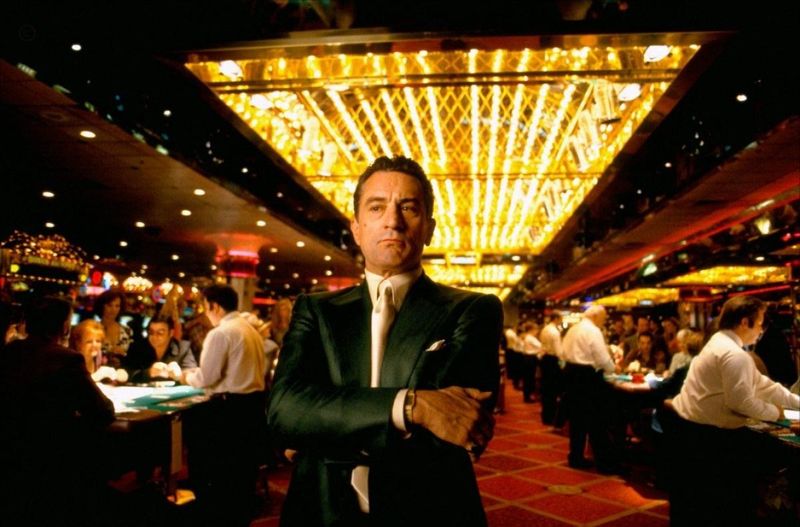
Under neon lights, Ace Rothstein orchestrates Vegas with mathematical precision. But even a master can’t control the wild cards: love, jealousy, and the chaos of the mob.
Scorsese pulls no punches—betrayal and violence lurk behind every slot machine. Sharon Stone dazzles and devastates as Ginger, caught between desire and destruction.
Watching fortunes soar and shatter, the film’s glitzy surface hides a brutal underbelly. Each character’s undoing feels inevitable, as power slips away like sand through fingers.
7. The Departed (2006)
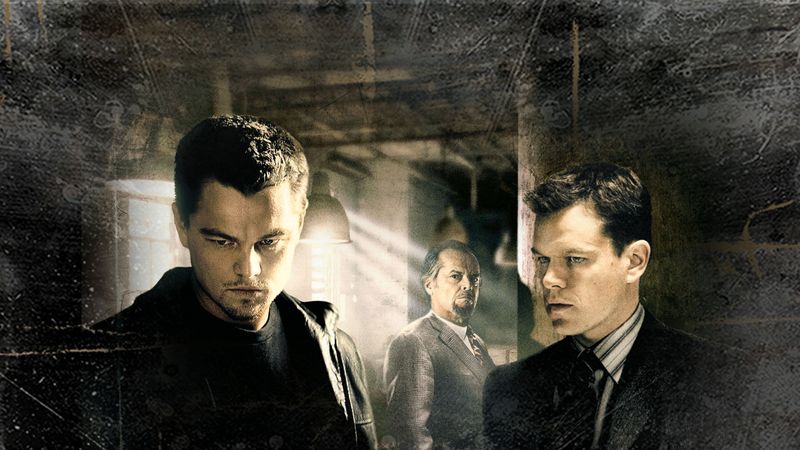
The Departed unspools a cat-and-mouse duel through Boston’s underworld, as identities twist and overlap. Loyalties shift like quicksand, pulling everyone deeper into a dangerous game where one wrong move means exposure.
DiCaprio’s vulnerability collides with Matt Damon’s duplicity, both ensnared in webs spun by Jack Nicholson’s menacing mob boss. Every encounter pulses with paranoia, betrayal, and dread as trust erodes at every turn.
The city itself becomes a labyrinth where loyalty is fleeting and survival demands deception. Tense, ruthless, and unpredictable, this is Scorsese’s razor-sharp modern masterpiece of crime and consequence.
8. American Gangster (2007)
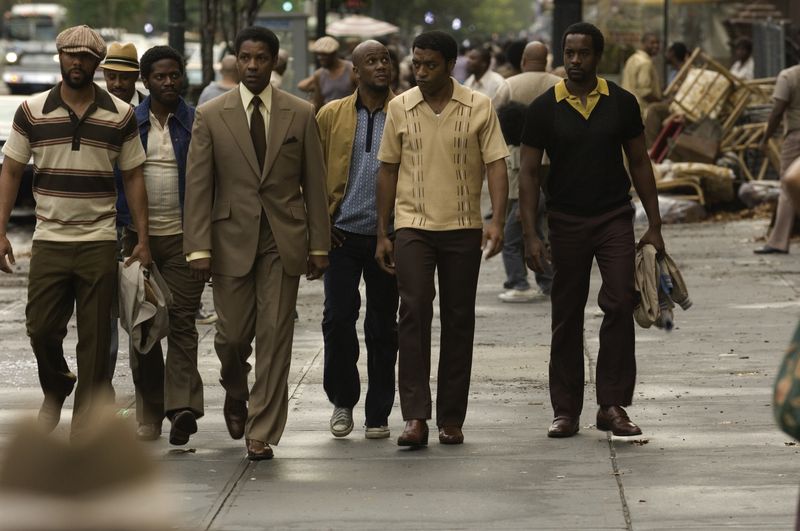
Frank Lucas didn’t just chase the American Dream—he bent it to his will. American Gangster spins his rise to Harlem’s heroin throne, where business acumen and cold resolve are his weapons.
Denzel Washington brings an icy charisma, making every deal and double-cross feel personal. Russell Crowe’s dogged detective provides a sharp counterpoint, hunting Lucas with relentless tenacity.
The film’s 1970s palette crackles with energy, showing both the glamour and devastation of the drug trade. Lucas’s legend looms large, both ruthless and strangely principled.
9. Donnie Brasco (1997)
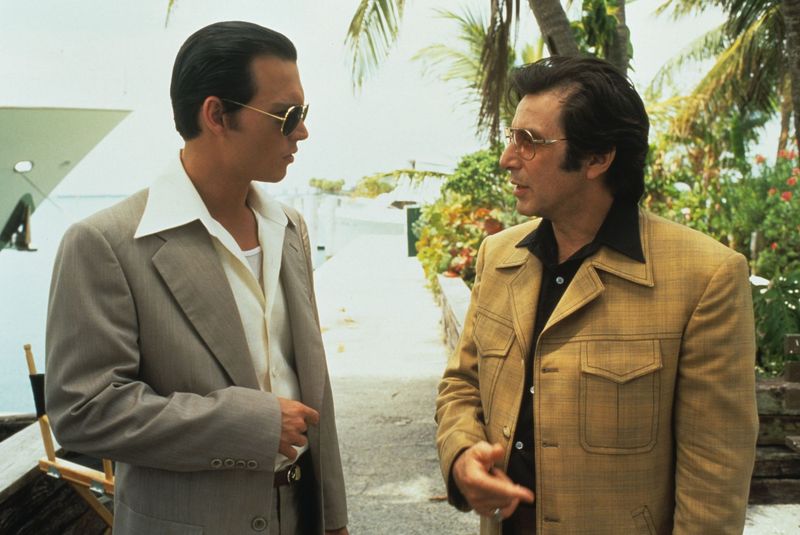
Friendship and betrayal collide in Donnie Brasco, where undercover work blurs into real loyalty. Johnny Depp’s conflicted gaze hints at the cost of living a lie.
Al Pacino’s weary, faded mobster spills secrets and dreams to his new protege, both men desperate for connection. Their bond grows, always shadowed by looming danger.
True events anchor the story, giving it a raw, aching authenticity. Every whispered conversation is a gamble, every smile tinged with regret. It’s a portrait of trust eroding under pressure.
10. A Bronx Tale (1993)
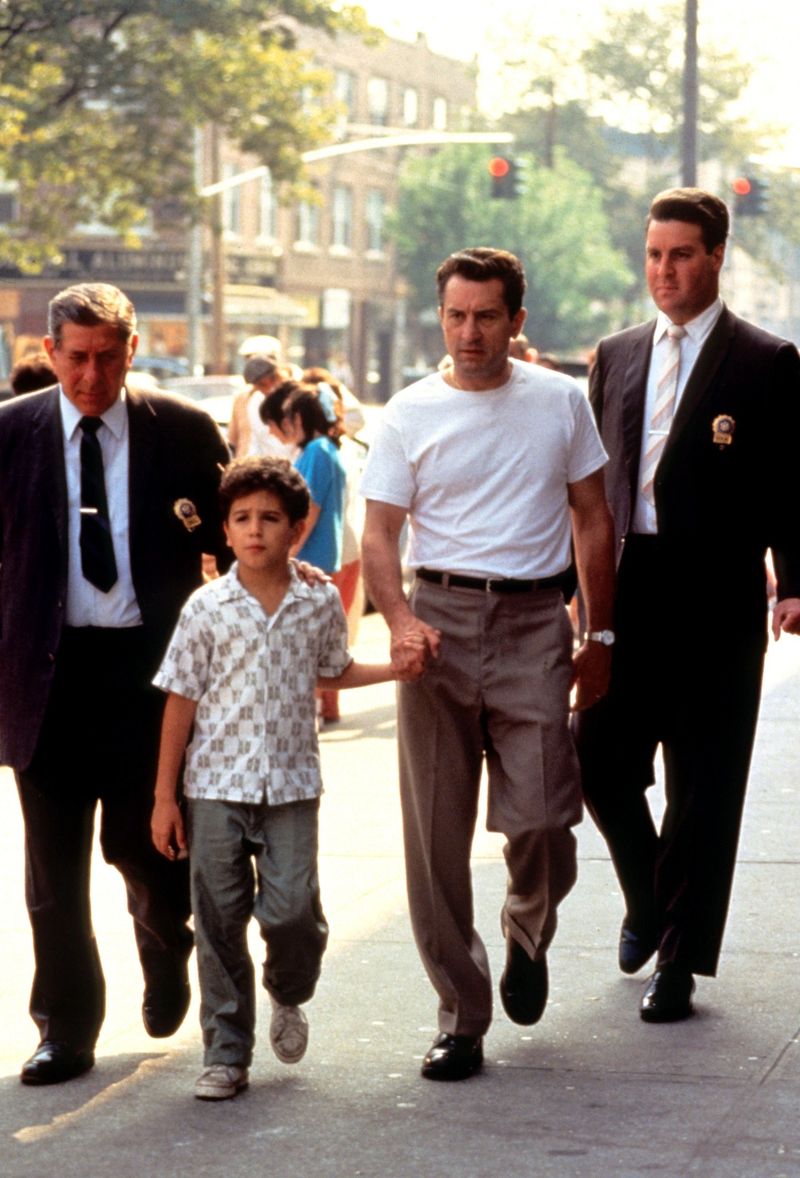
On a sun-drenched corner, young Calogero faces a choice: his father’s honest path or Sonny’s seductive world. A Bronx Tale pulses with neighborhood rhythms, where loyalty and identity are always in play.
Chazz Palminteri’s Sonny is suave, dangerous, and unexpectedly philosophical, teaching lessons that linger. The film’s warmth and nostalgia make it feel like a memory revisited.
Conflict is never simple—love, family, and street codes weave together. The Bronx itself feels alive, every stoop and storefront brimming with possibility and peril.
11. Pulp Fiction (1994)
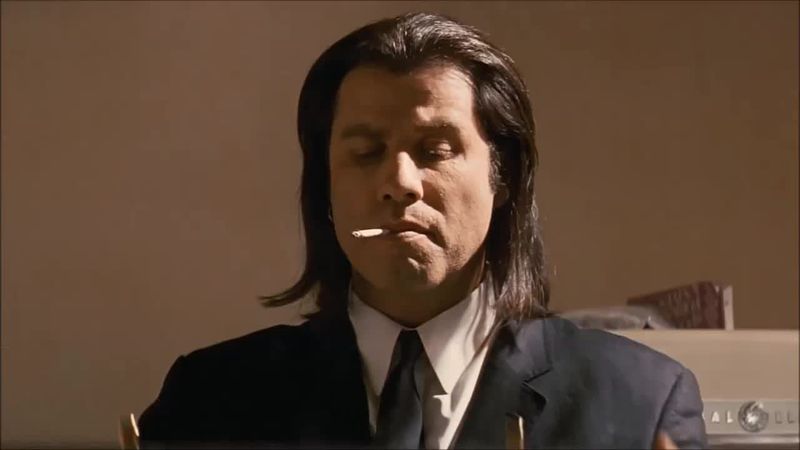
Who knew a dance contest and a briefcase could fuel pop culture obsession? Pulp Fiction stitches together hitmen, boxers, and mobsters with irreverent wit and razor-sharp dialogue.
Tarantino’s nonlinear chaos is matched by unforgettable performances—Samuel L. Jackson’s righteous fury, Uma Thurman’s magnetic cool, and Bruce Willis’s battered everyman. Noir has never been so playful.
The film lingers in the mind like a fever dream, every scene crackling with style and surprise. Los Angeles’s underbelly is never far from absurdity.
12. Reservoir Dogs (1992)
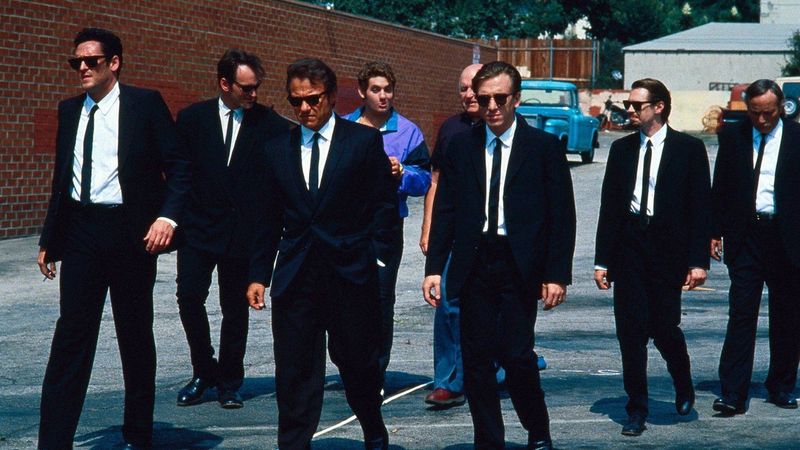
What if a color-coded team of criminals can’t trust each other? Reservoir Dogs is a powder keg of suspicion and violence after a heist spirals into chaos.
Tarantino’s debut pulses with nervous energy, each confrontation feeling like a high-stakes showdown. The dialogue cuts as deep as the betrayals.
Sunlight on blood, laughter masking panic—its unpredictability is mesmerizing. The film’s minimalism only heightens the tension, turning every glance and gesture into a threat.
13. The Untouchables (1987)
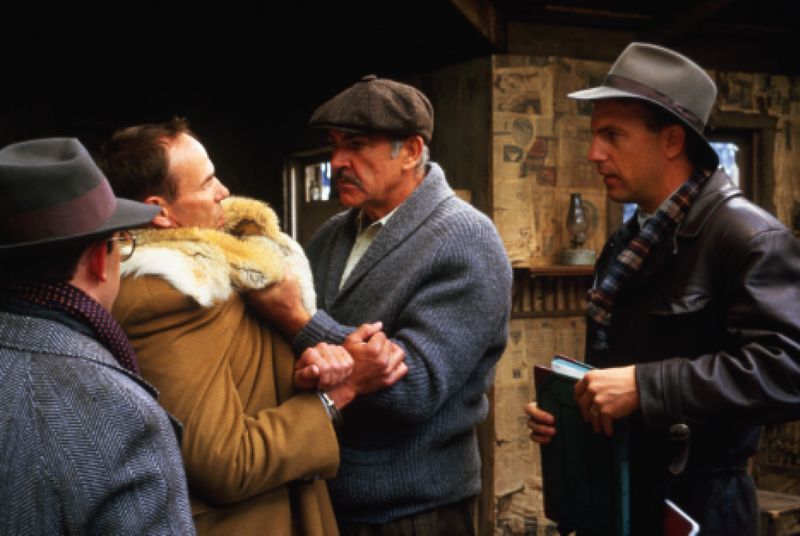
Chicago’s Prohibition underworld is a chessboard, with Al Capone’s shadow looming large. The Untouchables pits Eliot Ness’s dogged team against seemingly insurmountable odds.
Brian De Palma crafts iconic set pieces—train station shootouts, rooftop chases—each moment brimming with dramatic flair. Sean Connery crackles as the mentor who imparts hard-won wisdom.
Every victory feels hard-earned, tinged with loss and danger. The lawman-mobster rivalry is legendary, echoing in every rain-slicked alley.
14. Heat (1995)
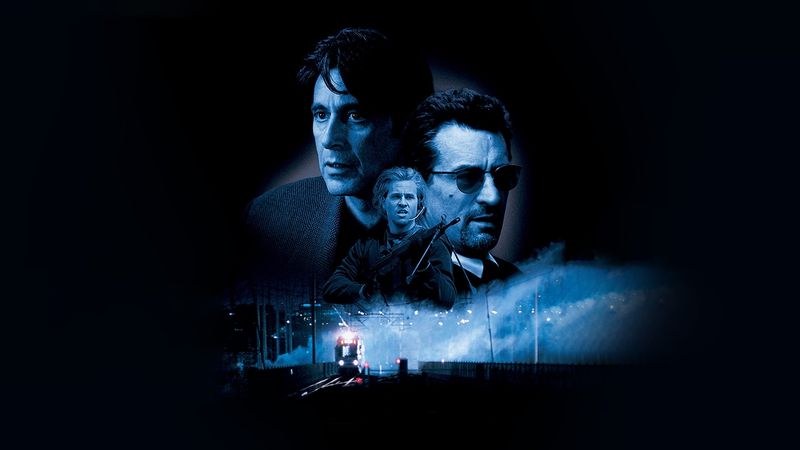
Heat is a duel of titans—Pacino’s relentless detective and De Niro’s disciplined thief locked in mutual respect and rivalry. Every heist, every stakeout, thrums with Michael Mann’s urban poetry, as precision and professionalism give way to obsession.
The sprawling cityscape becomes a living character, its glass and steel mirroring the isolation of men who can never fully escape their choices.
Their legendary face-off, a quiet diner conversation, crackles with more tension than the explosive shootouts. “Don’t let yourself get attached to anything you can’t walk out on in 30 seconds,” warns De Niro’s character, a mantra that defines both his freedom and his downfall.
15. The Irishman (2019)
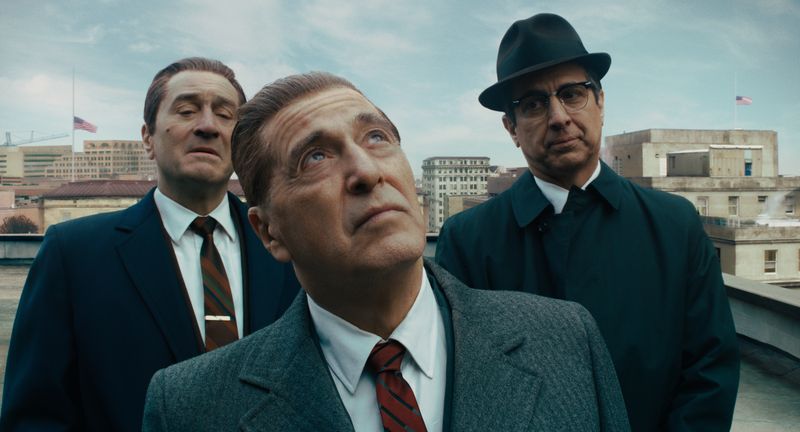
Frank Sheeran’s story unfolds like a confession, heavy with memory and loss. The Irishman spans decades, exploring the cost of loyalty and a life in the shadows.
Scorsese’s long, winding narrative is a meditation on time’s toll—friendships forged and frayed, violence committed and regretted. De Niro’s portrayal is hauntingly subdued, marked by exhaustion.
Aging mobsters gather, haunted by ghosts and secrets. The film’s meditative tone lingers, asking if the price of survival is worth the emptiness left behind.
16. White Heat (1949)
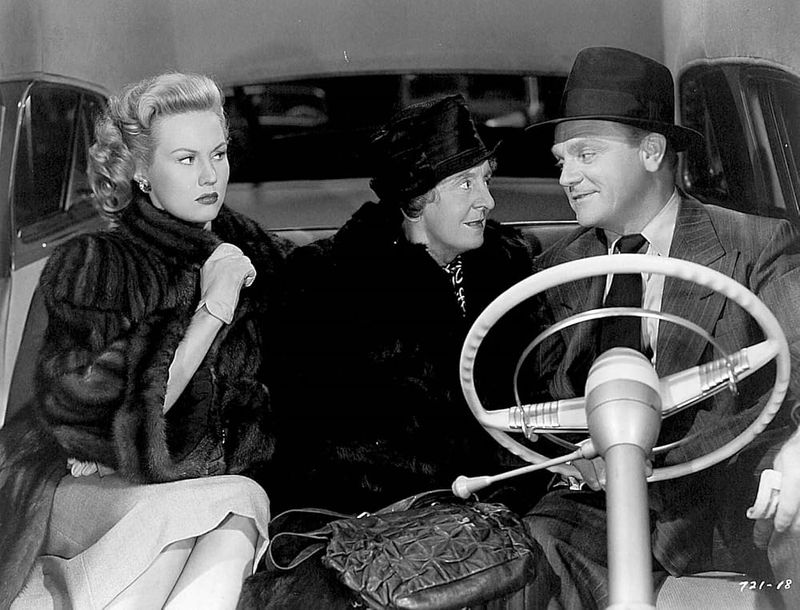
White Heat’s Cody Jarrett burns with manic energy, a mother’s boy whose brutality shocks and fascinates. James Cagney delivers a volcanic performance, fusing menace with vulnerability, making Jarrett one of cinema’s most unforgettable gangsters.
His explosive outbursts, unpredictable choices, and twisted devotion to his mother create a portrait both terrifying and strangely sympathetic. The film’s climactic finale, one of the most iconic in crime history, sealed its legendary status.
Noir style deepens the paranoia and moral ambiguity, turning Jarrett’s criminal reign into a study of inheritance, madness, and self-destruction. White Heat remains a cornerstone, echoing across generations of gangster cinema.
17. Road to Perdition (2002)
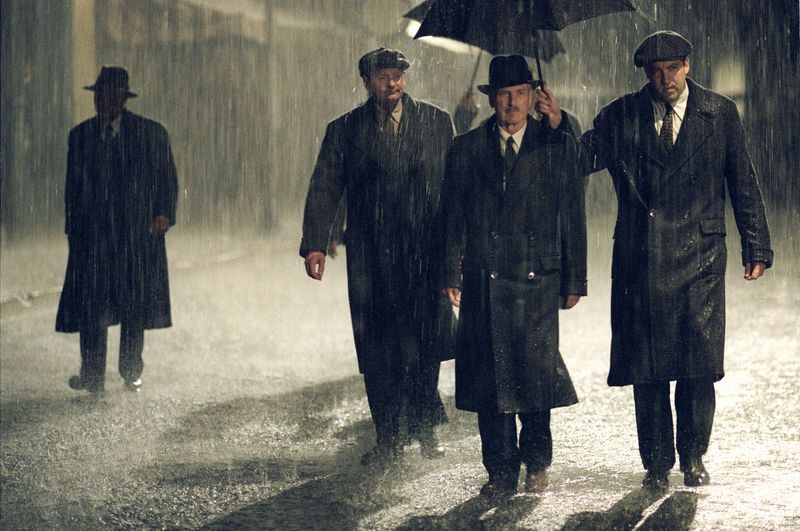
Revenge and redemption entwine in Road to Perdition. Michael Sullivan’s journey with his son is as much about forgiveness as it is about settling scores.
Tom Hanks sheds his everyman image, becoming a haunted enforcer bound to a code of silence. The muted color palette and rain-drenched roads evoke melancholy.
Paul Newman offers sage gravitas, and the Depression era background adds gravitas. Every step feels fateful, as father and son seek peace on a path paved with loss.

Comments
Loading…